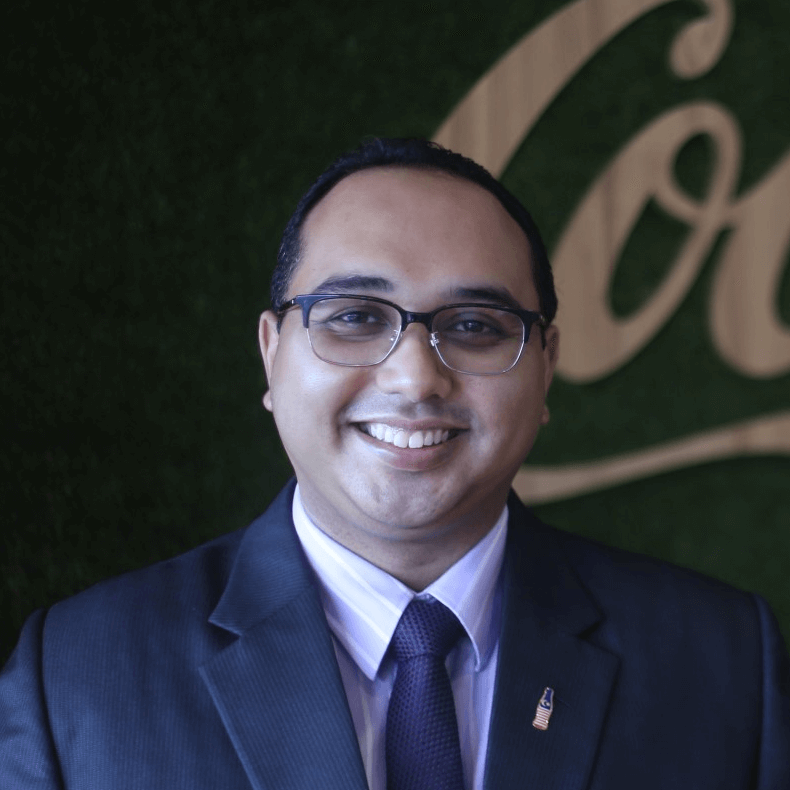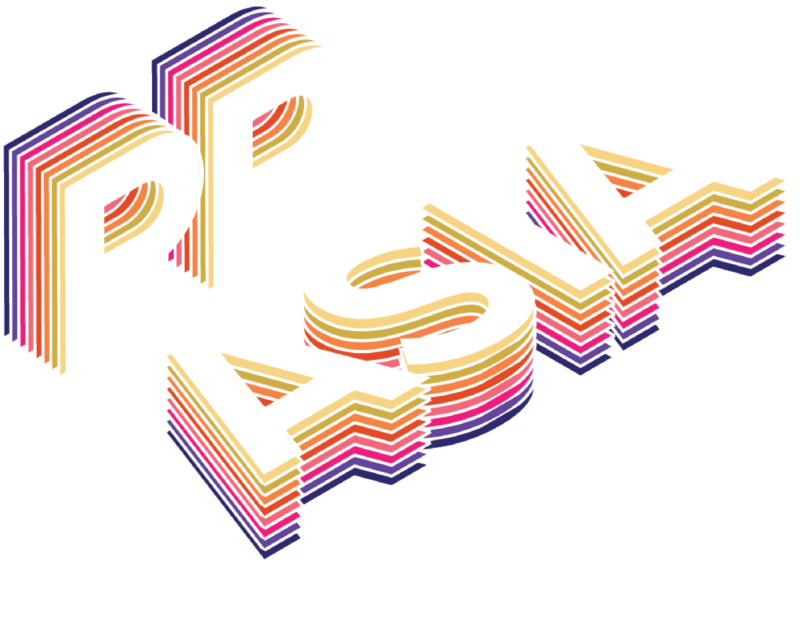13 AUGUST 2025
8:30am
Networking and registration
Opening remarks
9:00am
[Opening fireside chat]
Beyond the apology: How transparency and action rebuilt brand credibility
- Reflecting on the mindset shift after a misstep – how the team moved from reactive damage control to intentional narrative ownership.
- Rebuilding trust by confronting backlash head-on and using the same platform to elevate the very conversation that sparked controversy.
- Driving long-term recovery through internal alignment, transparent messaging, and ongoing community engagement to restore public trust.
Moderator:

Rezwana Manjur
Editor-in-Chief
MARKETING-INTERACTIVE
Speaker:

Priya Dharshini Prabakaran
Director of Astro Audio
9:45am
[Case study]
The crisis response blueprint: Capitalising on uncertainties
- Strengthening crisis readiness by aligning people, process, and protocols – the backbone of any credible response.
- Unlocking the perfect synergy between emergency response plans (ERP), crisis management teams (CMT), and clear communication protocols to enable rapid, unified action.
- Transforming critical moments into brand-defining ones through authentic leadership, transparent messaging, and calm under fire.
Speaker:

Rafizah Amran
Communications Specialist, Former Deputy Chief of Communications, Marketing and Stakeholder Engagement, Prasarana Malaysia
10.15am
[Panel discussion]
The crisis spiral: Why brands must reinvent reputation management in an age of instant backlash
- If every story can be bought, has journalism evolved into a tool for the powerful, leaving truth up for the highest bidder.
- Social journalism now sells influence as much as information, raising the question of who really shapes the public narrative today.
- In a landscape where wealth dictates coverage, can ethical journalism survive or has credibility become just another commodity for sale.
Moderator:

Frank Chan
Former GM, Strategic Communications
Telekom Malaysia

Jeremiah Rodrigues
General Manager
CARMA

Malathi Pillay
Director, Brand Equity and Communications
MRT Corporation

Nimmi Kamal
Chief Corporate Affairs Officer
Permodalan Nasional Berhad
10.45am
Coffee break
11.15am
[Case study]
Big story, small budget: Building the narrative with precision and purpose
- Shaping the narrative with minimal spend by crafting timely, newsworthy messages that resonate with both journalists and the public.
- Amplifying credibility through authentic storytelling that commands attention organically and flows seamlessly across earned, owned, and social channels.
- Moving beyond over-staged campaigns and stay grounded in truth, using a strong core message to drive clarity, relevance, and real impact.
Speaker:

Sandeep Mark Joseph
CEO and Co-Founder
Ampersand Advisory
11.45am
[Panel discussion]
Bridging divides: Rethinking cross-cultural and generational messaging in a fragmented market
- How rising cultural and generational divides are reshaping audience expectations and brand responsibility.
- Strategies for creating nuanced messaging that resonates with distinct groups without diluting brand identity.
- Navigating generational tensions between tradition and progress in markets where values and expectations are evolving rapidly.
Moderator:

Esther Teo
Former Corporate Affairs Lead, Malaysia and Singapore

Khairul Anwar
Public Affairs, Communications and Sustainability Director for Malaysia, Singapore and Brunei, Coca-Cola Bottling Investments Group
The Coca-Cola Company

Suriati Mokhtar
Head of Group Communications and Branding
Malakoff

Shirley Hoo
Director of Marketing and Communications
Shangri-La Kuala Lumpur
12.15pm
[Case study]
Beyond the logo: Why real rebrands are about purpose, not just aesthetics
- Consumers recognise when a rebrand is superficial. Aligning identity changes with a business evolution is essential to maintaining credibility and avoiding public scepticism.
- Legacy brands must modernise without losing their essence. Balancing heritage, market shifts, and stakeholder expectations is critical for long-term success.
- Rebrands require internal and external buy-in. Managing leadership, employees, investors, and public perception ensures credibility, acceptance, and lasting impact.
Speaker:

Noreen Sabrina Mohd Noor
Director, Group Corporate Affairs
12.45pm
Lunch
1.45pm
[Fireside chat]
Purpose, perception, and the people factor: Rehumanising finance for long-term real impact
- Balancing brand strategy and reputation by rooting communications in real human impact, especially in the financial services sector where public trust is often hard-won and easily lost.
- Integrating purpose into the core of business strategy to shape a consistent and authentic narrative that builds enduring trust with both customers and the wider public.
- Aligning cross-market storytelling efforts to reflect a unified purpose, while adapting narratives for cultural nuance, local relevance, and measurable social impact.
Moderator:

Rezwana Manjur
Editor-in-Chief
MARKETING-INTERACTIVE
Speaker:

Izlyn Ramli
Head, Group Corporate Affairs, Maybank and CEO, Maybank Foundation
2.15pm
[Case study]
Earned trust, paid reach: Turning paid strategy into a credibility amplifier
- Unpacking the reputational risks of misused “pay-to-play” tactics, and demonstrate how transparency, clear intent, and well-timed execution can preserve credibility.
- Showcasing how strategic integration of paid and earned media can strengthen brand consistency, build stakeholder confidence, and extend message resonance.
- Exploring the role of communications leaders in ensuring paid media decisions are grounded in long-term brand equity, not just short-term visibility.
Speaker:

Hanim Hamdan
Head of Communications and Sustainability
Lotus’s Malaysia
2.45pm
[Panel discussion]
Journalism for sale? The blurred lines between paid media, ethics, and influence
- The surge in demand for dedicated crisis teams as brands face political shifts, public backlash, and reputational landmines.
- Moving beyond rapid-response playbooks to build adaptive frameworks that anticipate, rather than react to, complex crises.
- Navigating the grey areas of silence versus action—when saying nothing fuels the crisis, and when it protects the brand.
Moderator:

Rezwana Manjur
Editor-in-Chief
MARKETING-INTERACTIVE

Anuja Ravendran
Chief Communications Officer
AirAsia Aviation Group

Dr Bhavani Krishna Iyer
General Manager, Public Relations & Stakeholder Management
Gamuda Engineering

Karen Liew
Head of Corporate Communications
IOI Corporation

Firdaus Nasir
Head of Public Relations and Media Management
Takaful Malaysia
3.20pm
Networking break
3.50pm
[Case study]
Viral lies, real consequences: Battling misinformation and shaping the narrative
- PR teams must navigate a decentralised news landscape where traditional media no longer dictates public perception, and narratives spread instantly online.
- Detecting and dismantling misinformation before it escalates is critical, requiring AI-driven monitoring, fact-checking networks, and rapid-response storytelling.
- Digital-first crisis strategies are now essential for PR teams, as brands must engage swiftly with audiences to counter false narratives and maintain credibility.
Speaker:

Meera Selvaratnam
Head of Communications
Dutch Lady Milk Industries
4.20pm
[Panel discussion]
AI is not your intern: Why PR professionals need to stop treating it like one
- Challenging the belief that AI is just automation by revealing how it is redefining decision making, strategy, and a competitive advantage.
- Exploring how AI is reshaping the PR workflow – from insights to operations – far beyond just content creation.
- Establishing ethical guidelines and governance for AI as it becomes integral to business strategy.
Moderator:

Trista Efendi
External Relations Leader
IBM Malaysia and Vietnam

Iza Sofia Kasbi
Head, Strategic Communications

Arnee Ismail
Head, Strategic Communications
SME Bank Malaysia

Sharmine Ishak
Head of Corporate Communications
Visa Malaysia
4.50pm
